
The Food and Drug Administration approved Alecensa for patients with ALK-positive non-small cell lung cancer that was surgically removed.

Brielle Benyon, Assistant Managing Editor for CURE®, has been with MJH Life Sciences since 2016. She has served as an editor on both CURE and its sister publication, Oncology Nursing News. Brielle is a graduate from The College of New Jersey. Outside of work, she enjoys spending time with family and friends, CrossFit and wishing she had the grace and confidence of her toddler-aged daughter.
Follow Brielle on Twitter @Brielle_Benyon.

The Food and Drug Administration approved Alecensa for patients with ALK-positive non-small cell lung cancer that was surgically removed.

For decades, researchers have been seeking a therapy to improve outcomes for patients with clear cell renal cell carcinoma who underwent a nephrectomy.

A type of therapy that involves “liberating” T cells from a suppressive tumor environment showed promise in the treatment of patients with uveal melanoma.
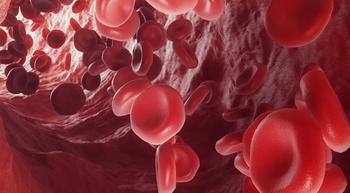
Pelabresib plus Jakafi led to a reduction in spleen size and was tolerable in patients with myelofibrosis, according to data from MANIFEST-2.

A new arm of a clinical trial will investigate (Z)-endoxifen plus Verzenio in patients with ER-positive, HER2-negative breast cancer.

The former NFL player, O.J. Simpson, died of cancer at the age of 76, according to a family statement.
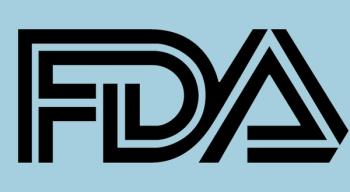
The Food and Drug Administration approved the CAR-T cell therapy, Carvykti, for previously treated patients with multiple myeloma.

From WWE champion Roman Reigns sharing about his leukemia status to Arizona rep. Raúl Grijalva announcing diagnosis, here’s what’s going on in the oncology space this week.

The Food and Drug Administration granted UTD1 an orphan drug designation to treat brain metastases in patients with breast cancer.

Certain patient characteristics may put them at an increased risk for chemotherapy-related kidney injury, recent research found.

The Food and Drug Administration approved multiple new therapies for blood cancer over the last few months.
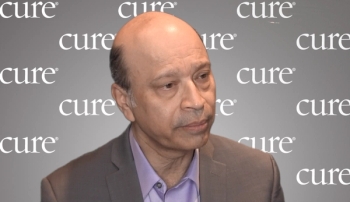
Treatment for HER2-positive breast cancer depends on staging and can be intensified or de-escalated depending on disease characteristics, explained Dr. Debu Tripathy.

From Fortnight player, “Ninja” announcing his melanoma diagnosis to an LSU quarterback sporting the name of his teammate with brain cancer, here’s what’s going on in the oncology space this week.
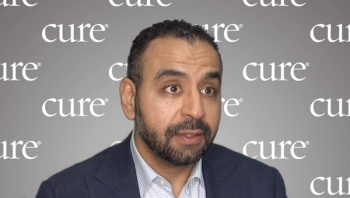
Adding Keytruda to chemotherapy improved survival outcomes in patients with endometrial cancer, regardless of their mismatch repair or PD-L1 status.

While there is no prevention for lymphedema, there are ways to detect the condition early on, leading to better outcomes and quality of life.

The Food and Drug Administration granted a full approval to Elahere for the treatment of certain patients with platinum-resistant gynecologic cancers.

Catherine, Princess of Wales, revealed that she was diagnosed with cancer after undergoing abdominal surgery in January.
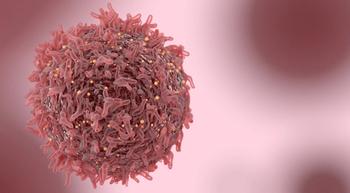
From Richard Simmons discussing his skin cancer to Nicole Eggert shaving her head, here’s what’s happening in the oncology space this week.

Patients who underwent breast cancer radiation had higher rates of skin cancer, although altering their treatment plan is unnecessary, an expert said.

An FDA committee voted that the benefits of Carvykti outweigh the risks for myeloma treatment, though concerns about secondary malignancies remain.

Patients taking Tibsovo to treat MDS or AML may want to discuss the appropriate medications to treat and prevent infections, an expert said.

Moderate multivitamin use was associated with a decreased risk of death in patients with colorectal cancer, though more research is needed, an expert said.

ctDNA and CTC can lend information about early-stage breast cancer, but the best way to use this data is still being determined, an expert said at the CURE® Educated Patient® Breast Cancer Summit.

From Oliva Munn and Christine Brinkley discussing their cancer to Donnie Iris returning to the stage after his experience with the disease, here is what’s happening in the oncology space this week.

The Food and Drug Administration approved Tevimbra for pretreated metastatic or unresectable esophageal squamous cell carcinoma.

While CDK4/6 inhibitors are “liberating” for this breast cancer subset, questions remain about what to do in later lines of therapy, according to a presentation at the CURE® Educated Patient Breast Cancer Summit.

Last week we saw some FDA approvals come through, as well as research that explored the psychosocial outcomes of individuals who survived pediatric rhabdosarcoma.

Genetic mutations that initially were classified as having undetermined significance may now point toward an increased risk of cancer, highlighting the importance of multigene testing after a diagnosis.
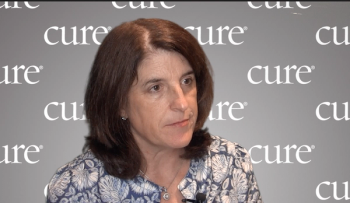
An expert gives an overview of common endocrine-related side effects that premenopausal women with breast cancer may experience — and what can be done to address them.

From Jason Kelce honoring the team trainer who has been diagnosed with cancer to deaths in the sports reporting and music world, here’s what’s happening in the oncology space this week.